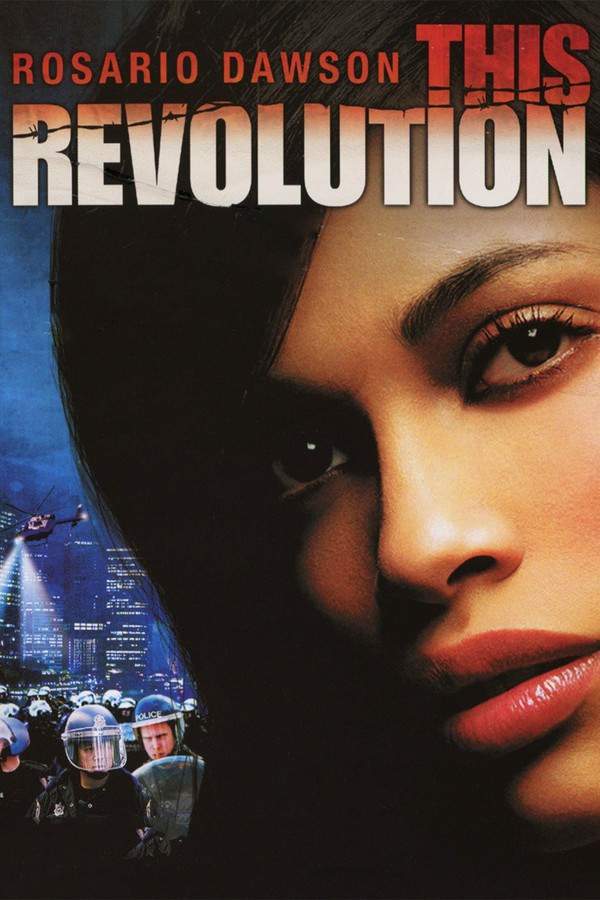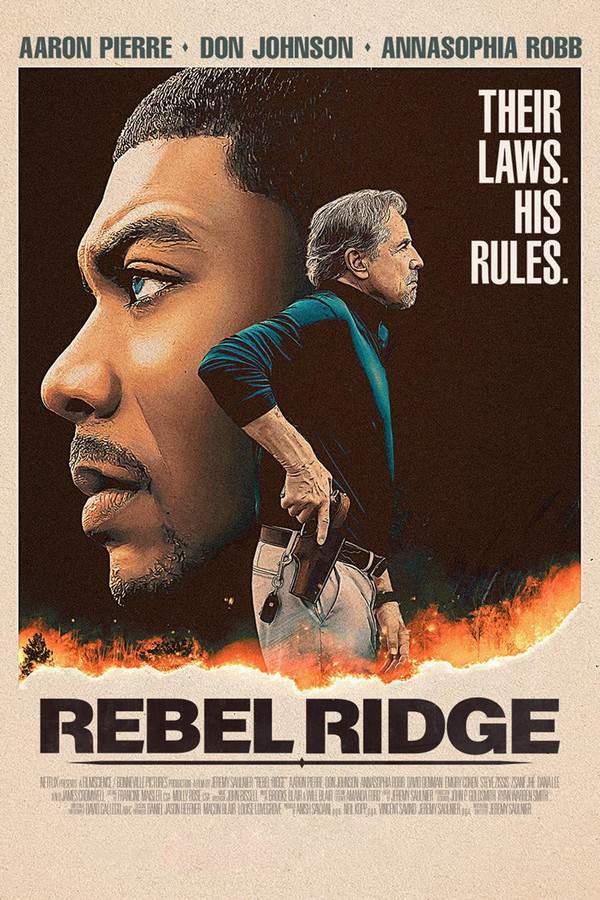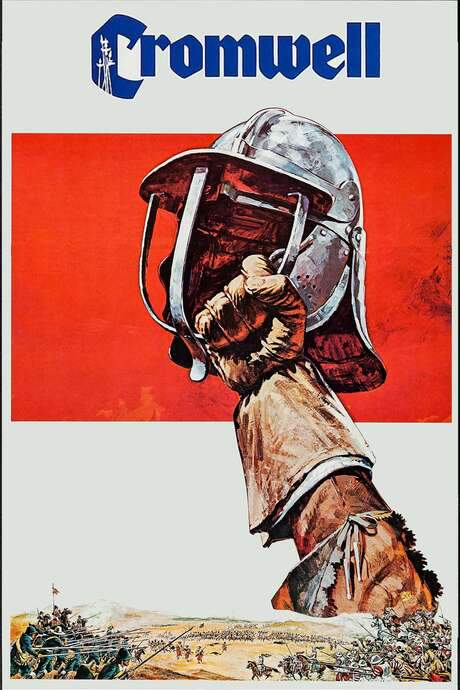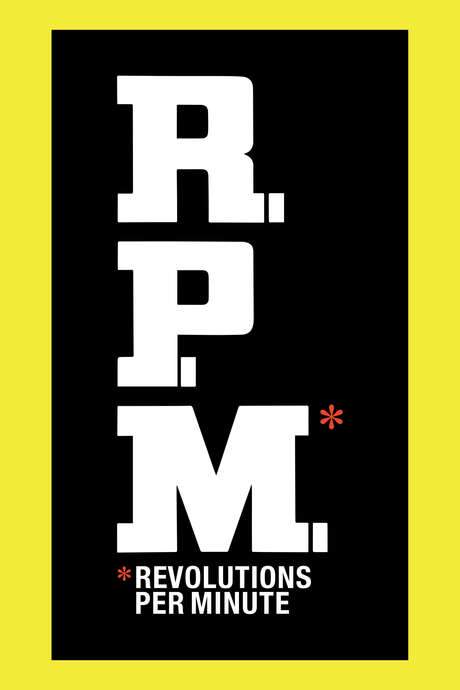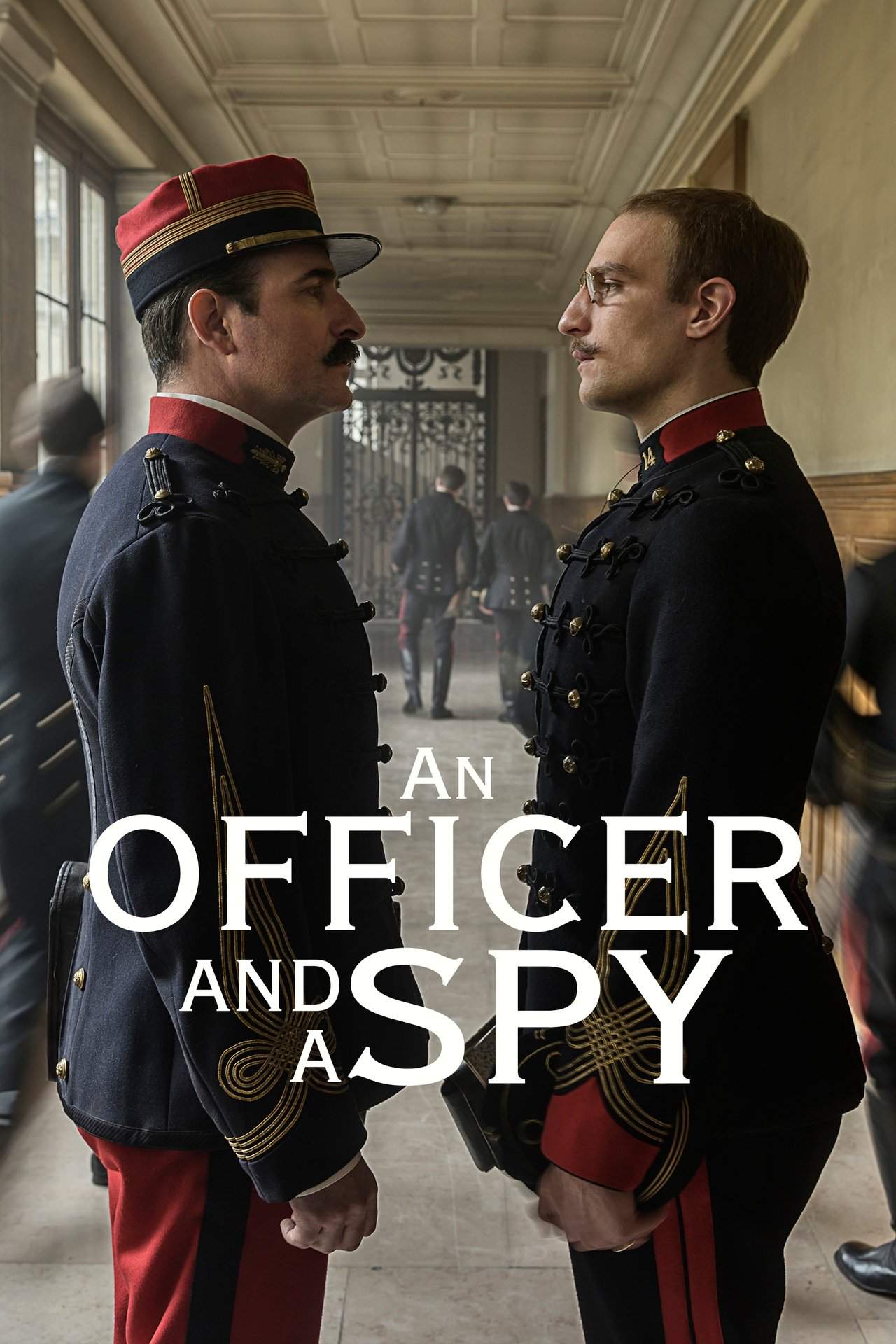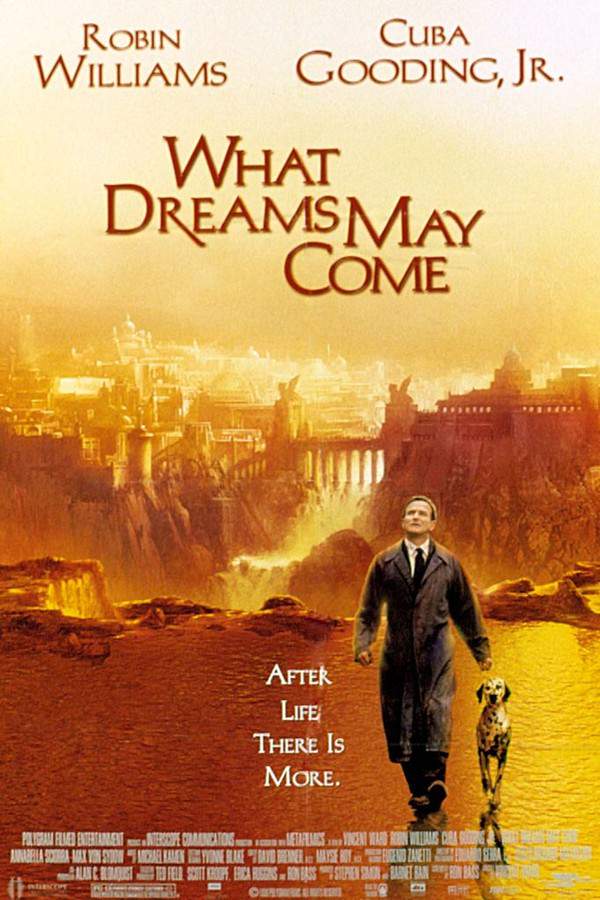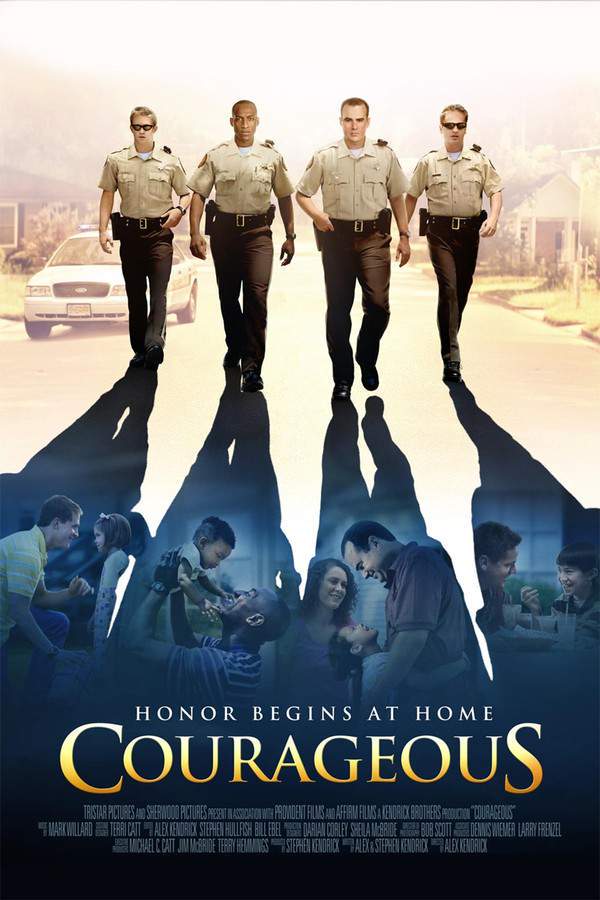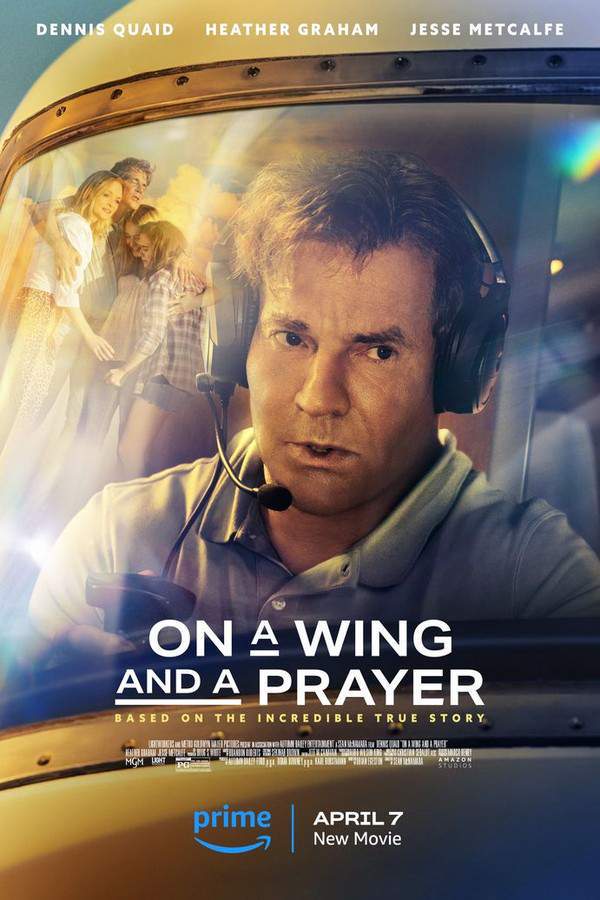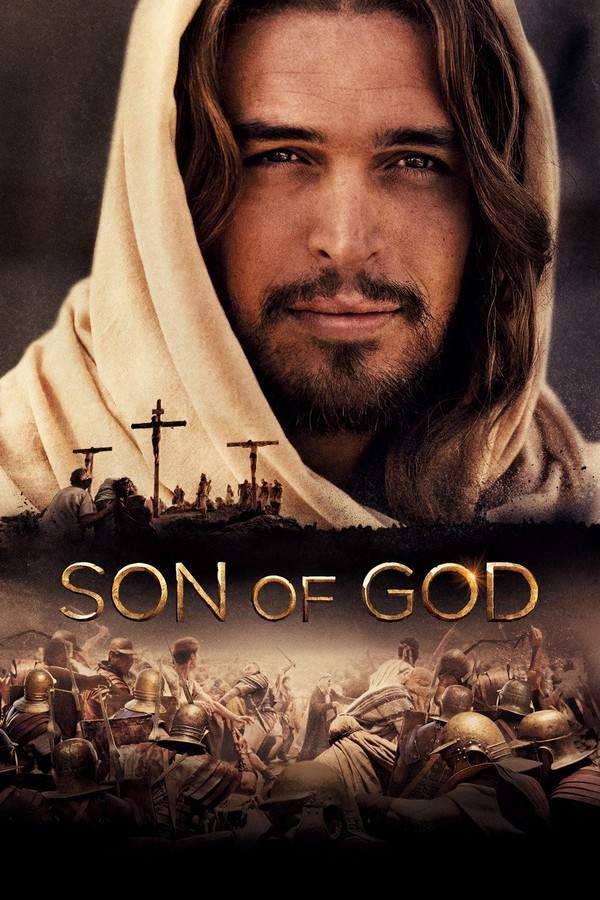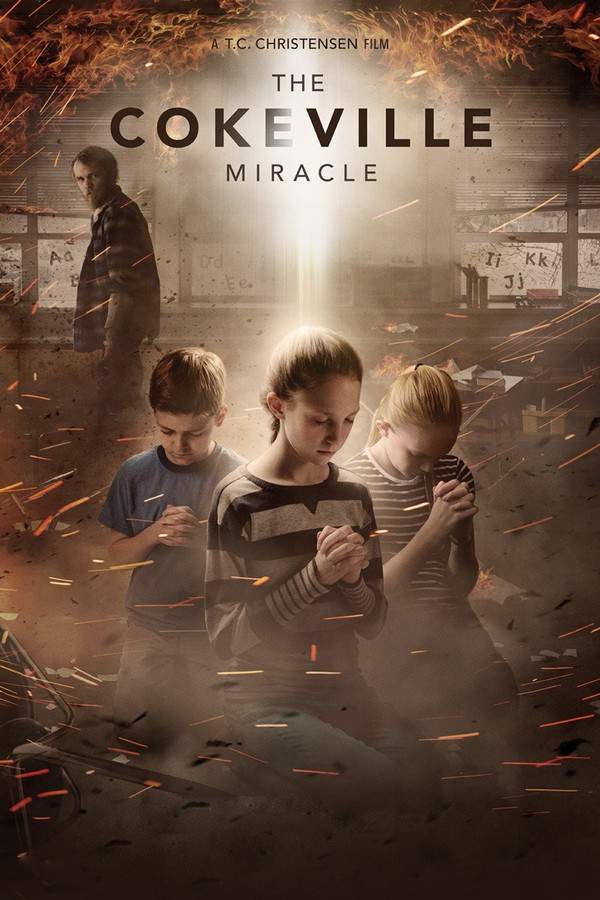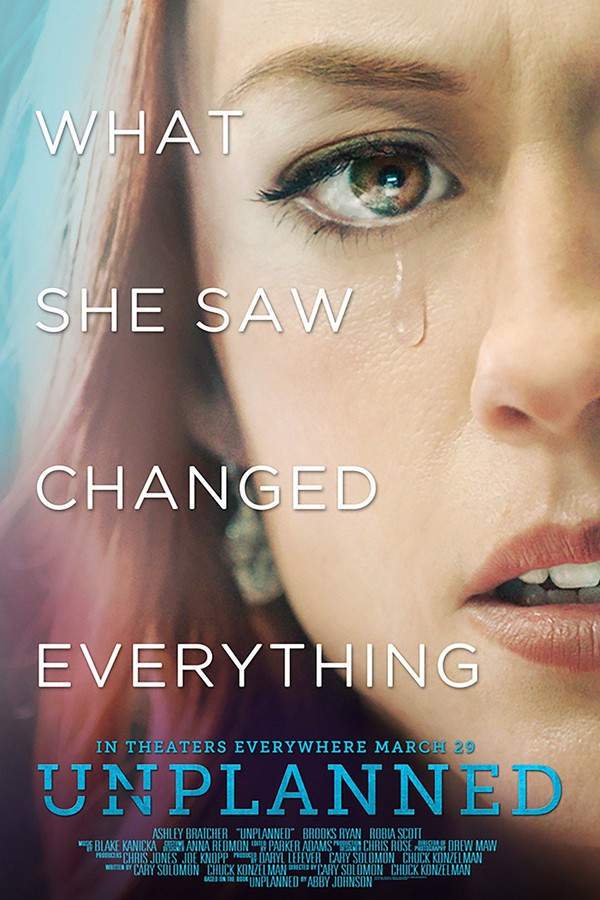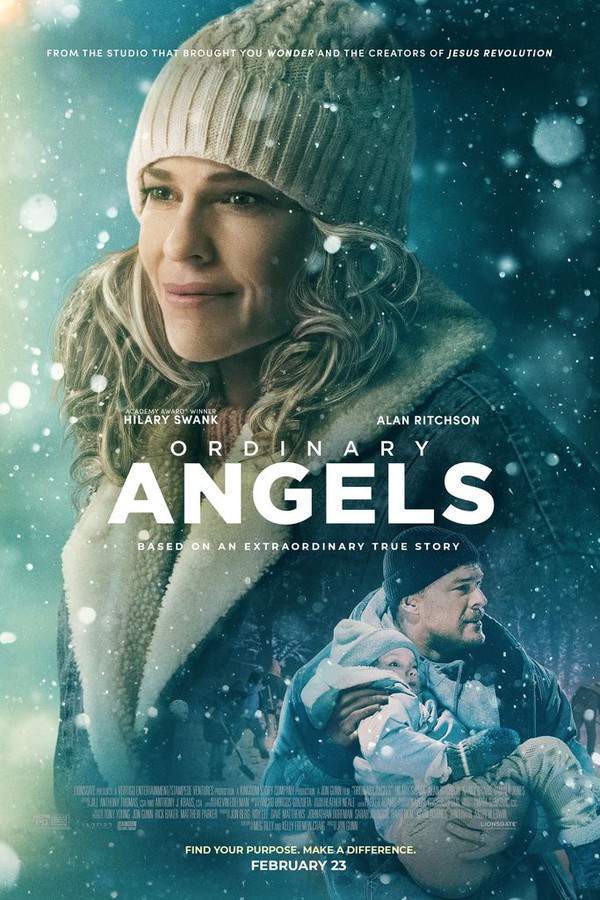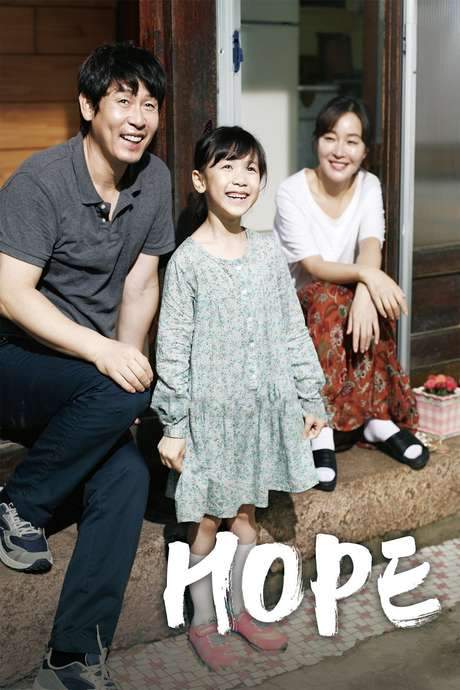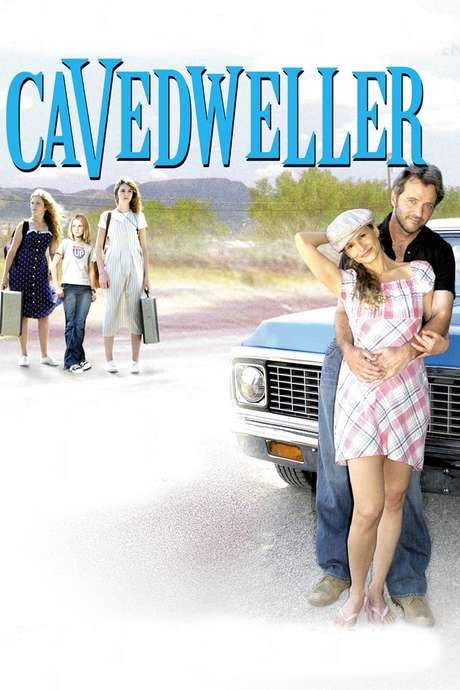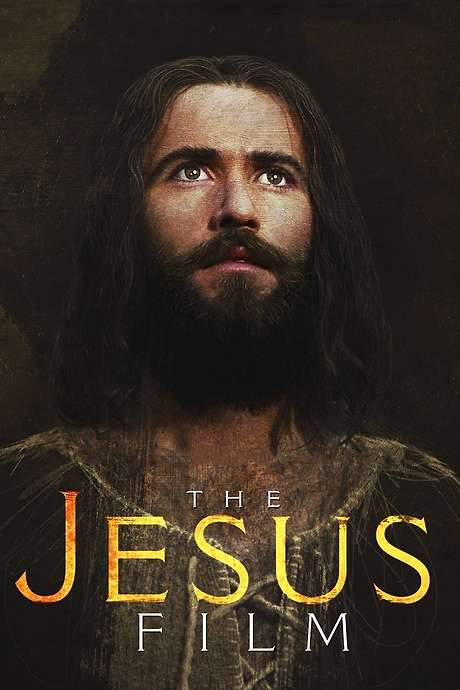
Martin Luther
Year: 1953
Runtime: 105 mins
Language: English
“No man can command my conscience!” A biopic of Martin Luther, covering his life between 1505 and 1530, and the birth of the Protestant Reformation movement.
Warning: spoilers below!
Haven’t seen Martin Luther yet? This summary contains major spoilers. Bookmark the page, watch the movie, and come back for the full breakdown. If you're ready, scroll on and relive the story!
Timeline & Setting – Martin Luther (1953)
Explore the full timeline and setting of Martin Luther (1953). Follow every major event in chronological order and see how the environment shapes the story, characters, and dramatic tension.
Last Updated: October 04, 2025 at 17:01
Main Characters – Martin Luther (1953)
Meet the key characters of Martin Luther (1953), with detailed profiles, motivations, and roles in the plot. Understand their emotional journeys and what they reveal about the film’s deeper themes.
Last Updated: October 04, 2025 at 17:01
Major Themes – Martin Luther (1953)
Explore the central themes of Martin Luther (1953), from psychological, social, and emotional dimensions to philosophical messages. Understand what the film is really saying beneath the surface.
Last Updated: October 04, 2025 at 17:01
Explore Movie Threads
Discover curated groups of movies connected by mood, themes, and story style. Browse collections built around emotion, atmosphere, and narrative focus to easily find films that match what you feel like watching right now.
Movies about ideological rebels like Martin Luther
Single-minded individuals whose convictions challenge entrenched powers and dogma.This list features powerful historical and biographical movies like Martin Luther that chronicle the journeys of singular figures who dared to challenge powerful institutions. If you enjoyed the story of a man standing against dogma for his conscience, you'll find similar stories of conviction here.
Narrative Summary
The narrative follows a protagonist's intellectual and moral awakening, leading to a direct and dangerous confrontation with a powerful establishment. The journey is typically linear, chronicling the escalating conflict from internal doubt to public defiance, often culminating in a societal shift or personal victory born from immense struggle.
Why These Movies?
These films share a core theme of individual conscience versus systemic power, creating a consistently tense and high-intensity atmosphere. They possess a steady, deliberate pacing that allows for deep exploration of ideas and a heavy emotional weight stemming from the monumental stakes of the rebellion.
Movies about spiritual awakenings like Martin Luther
Profound personal journeys of doubt, faith, and transformative belief.If you were captivated by Martin Luther's soul-searching journey, this collection features similar serious dramas about profound spiritual awakenings. These films explore the heavy emotional and intellectual turmoil of a faith crisis, leading to a transformative, hopeful new beginning.
Narrative Summary
The narrative arc follows a protagonist's journey from deep-seated doubt and cognitive dissonance through a period of intense soul-searching and conflict. This internal struggle often forces a confrontation with external authority, culminating in a spiritual awakening or the forging of a new, hard-won personal truth, resulting in a hopeful ending.
Why These Movies?
These movies are united by their exploration of faith, doubt, and personal conviction. They share a serious, contemplative mood, a steady pacing that allows for introspection, and a heavy emotional weight. Despite the turmoil, they typically arrive at a hopeful conclusion, mirroring the triumph of personal enlightenment.
Unlock the Full Story of Martin Luther
Don't stop at just watching — explore Martin Luther in full detail. From the complete plot summary and scene-by-scene timeline to character breakdowns, thematic analysis, and a deep dive into the ending — every page helps you truly understand what Martin Luther is all about. Plus, discover what's next after the movie.
Martin Luther Summary
Read a complete plot summary of Martin Luther, including all key story points, character arcs, and turning points. This in-depth recap is ideal for understanding the narrative structure or reviewing what happened in the movie.

Martin Luther Timeline
Track the full timeline of Martin Luther with every major event arranged chronologically. Perfect for decoding non-linear storytelling, flashbacks, or parallel narratives with a clear scene-by-scene breakdown.

Martin Luther Spoiler-Free Summary
Get a quick, spoiler-free overview of Martin Luther that covers the main plot points and key details without revealing any major twists or spoilers. Perfect for those who want to know what to expect before diving in.

More About Martin Luther
Visit What's After the Movie to explore more about Martin Luther: box office results, cast and crew info, production details, post-credit scenes, and external links — all in one place for movie fans and researchers.

Similar Movies to Martin Luther
Discover movies like Martin Luther that share similar genres, themes, and storytelling elements. Whether you’re drawn to the atmosphere, character arcs, or plot structure, these curated recommendations will help you explore more films you’ll love.
Explore More About Movie Martin Luther
Martin Luther (1953) Plot Summary & Movie Recap
Martin Luther (1953) Scene-by-Scene Movie Timeline
Martin Luther (1953) Spoiler-Free Summary & Key Flow
Movies Like Martin Luther – Similar Titles You’ll Enjoy
Luther (2003) Full Summary & Key Details
Bonhoeffer (2003) Spoiler-Packed Plot Recap
Luther and I (2017) Full Summary & Key Details
Bonhoeffer: Agent of Grace (2000) Ending Explained & Film Insights
Martin Luther: The Idea that Changed the World (2017) Full Summary & Key Details
The Reformer. Zwingli: A Life’s Portrait (2019) Complete Plot Breakdown
Citizen King (2004) Movie Recap & Themes
Martin Luther (1000) Complete Plot Breakdown
Luther Metke at 94 (1980) Story Summary & Characters
Martin’s Day (1985) Full Movie Breakdown
King (1000) Ending Explained & Film Insights
Pastor Hall (1940) Film Overview & Timeline
Jesus (1979) Plot Summary & Ending Explained
Thomas Müntzer (1956) Film Overview & Timeline
Little Martin Returns (1948) Full Movie Breakdown

